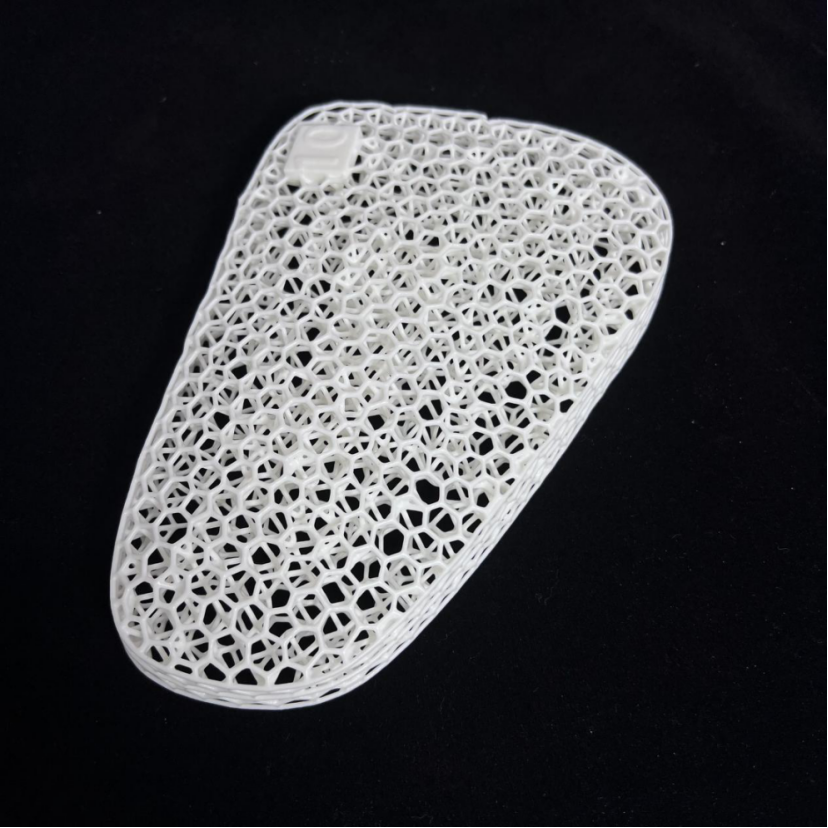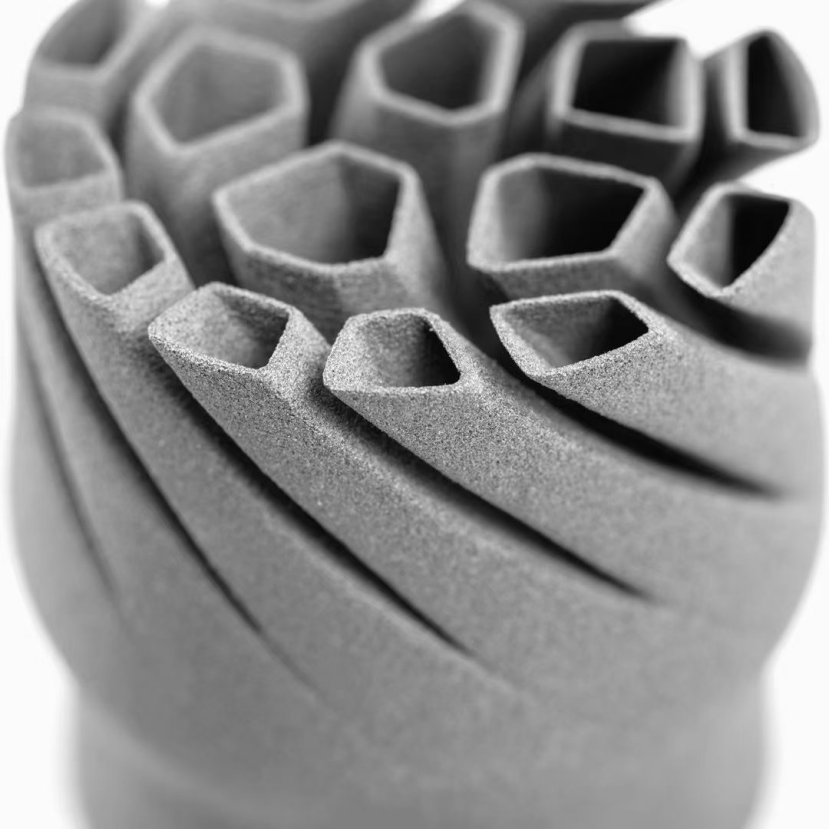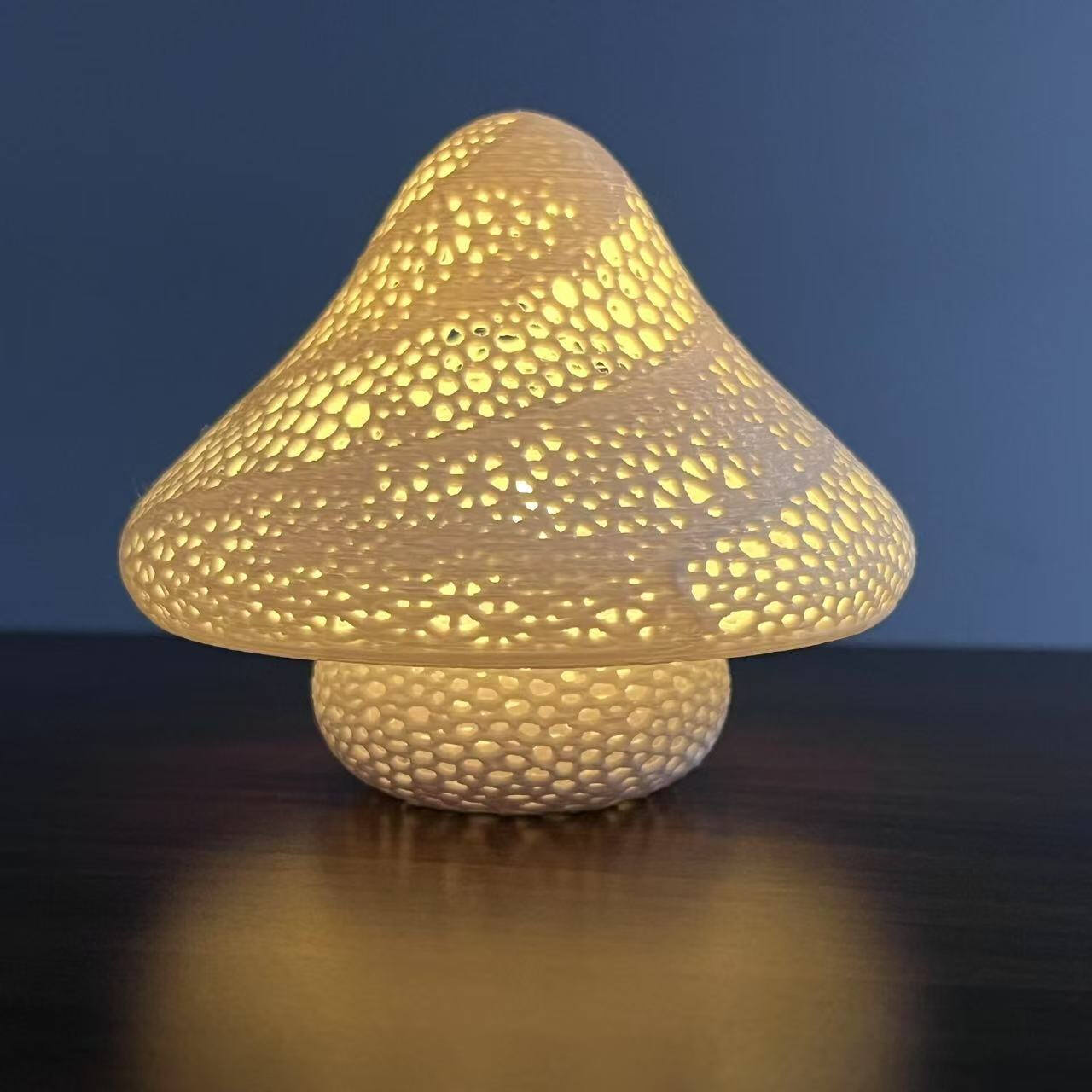custom plastic part fabrication
Custom plastic part fabrication represents a cutting-edge manufacturing process that enables the creation of precise, application-specific components for diverse industries. This versatile production method combines advanced design capabilities with state-of-the-art manufacturing technologies to produce plastic parts that meet exact specifications. The process begins with detailed CAD modeling, followed by prototype development and rigorous testing phases to ensure optimal performance. Modern fabrication techniques, including injection molding, CNC machining, and 3D printing, allow for the production of complex geometries and intricate features that would be impossible to achieve through traditional manufacturing methods. These custom parts can be manufactured using a wide range of thermoplastic and thermoset materials, each selected based on specific requirements for strength, durability, chemical resistance, and temperature tolerance. The fabrication process incorporates quality control measures at every stage, from material selection to final inspection, ensuring consistent product quality and reliability. This manufacturing approach serves various sectors, including automotive, medical devices, consumer electronics, and aerospace, providing solutions for both prototyping and full-scale production runs.


